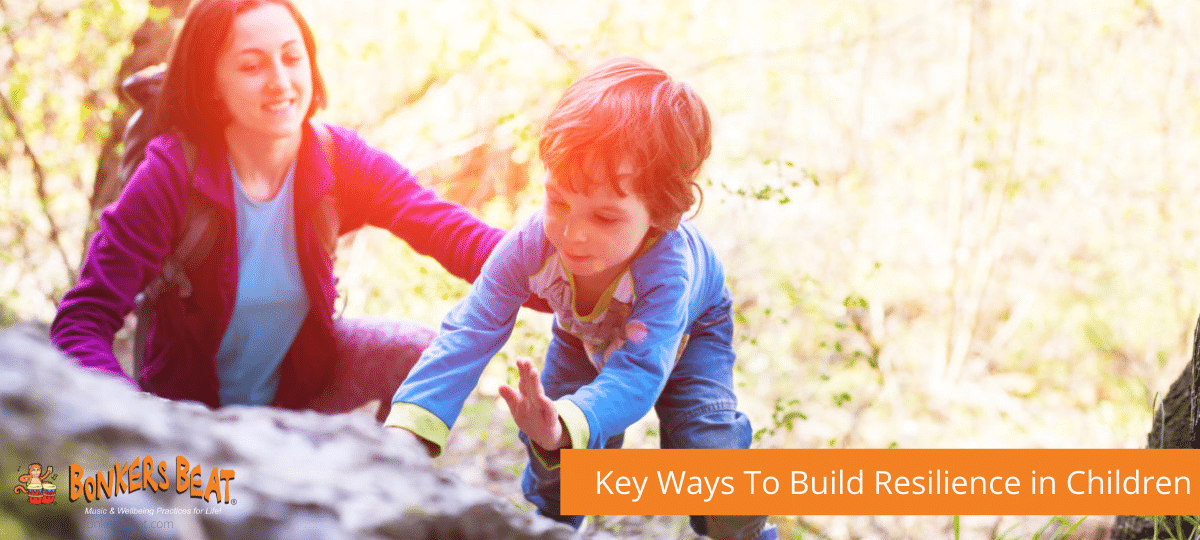We all want the best for children and do everything we can to ensure they feel safe, happy and loved. However, the sun can’t shine all the time and it is inevitable that children will face challenges in life. While we can’t prevent children from having to come up against a bad day or setbacks throughout their development, we can support them to learn and grow through adversity.
Resilience is a term that has become more prominent in recent years. According to Resilient Youth Australia, “resilience enables people to thrive and take on all that life has to offer, including the inevitable challenges. Resilience is about knowing strengths and calling on them when needed.”
Early Childhood Australia’s ‘Children’s Resilience’ ebook says that resilience is about the qualities and skills that ensure children (and adults) can cope with difficulties positively.
It’s easy to see that resilience is valuable, and the next step is to understand how we can help children to build resilience. Here are just a few ways to begin to build resilience in young children and help them to grow feeling capable that they can bounce back and learn from everything in life.
- Encourage independence in children: Show children that they are capable and enable them to trust in themselves. (Find our empowerment tips here.)
- Maintain a positive outlook: Positive thinking is something we are really passionate about – it’s powerful! Staying positive about the future shows children that there are plenty of reasons to dust yourself off and try again, or try another way.
- Create healthy relationships: Healthy, respectful and supportive relationships are an important goal for all ages. Encourage children to pursue them and nurture them. Provide team-building opportunities, identify points of connection and support strong bonds between children and one another, as well as with their educators, carers and families.
- Believe in children: Self-belief is important but so is children having educators and other adults around them who believe in them. Tell them and show them that you believe they can succeed.
- Grow confidence and self-esteem: Confidence and self-esteem enable children to feel happy and comfortable with who they are, as well as try new things. They are more likely to manage their own behaviour. Daily music and wellbeing practices are valuable tools to improve confidence and self-esteem and we see the results of these every day firsthand!
With all that has taken place the last few years, no doubt children have had their resilience challenged — and same goes for adults. Let’s try to focus on building resilience and taking the best from the adversity we have all faced.
Connect and share with us your ideas by posting your comments HERE.





